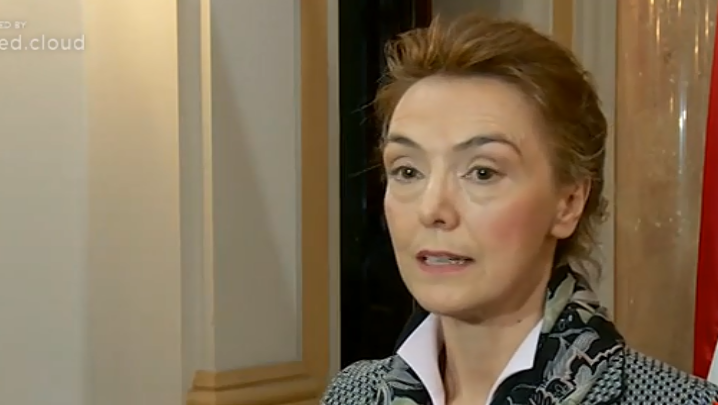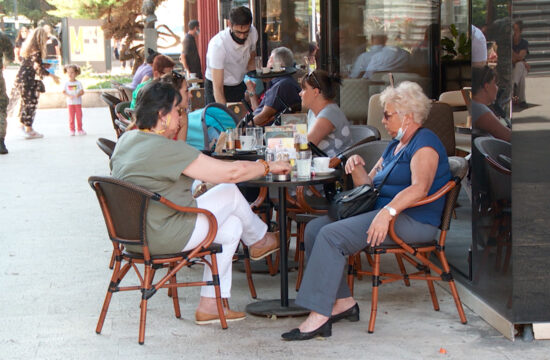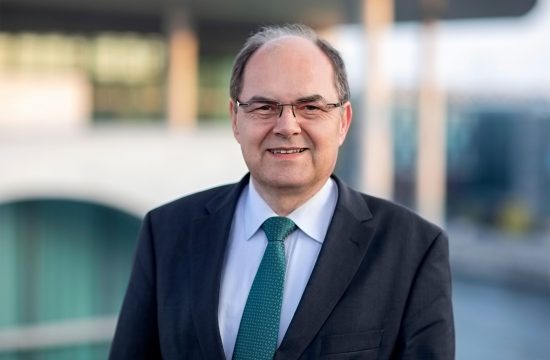
Croatian Foreign Minister Marija Pejcinovic-Buric said on Monday at a meeting of EU foreign ministers in Brussels that Croatia was concerned about the status of Croats in Bosnia and Herzegovina and their legal representation in the government.
At Croatia's request, the foreign ministers of European Union member states discussed the situation in Bosnia after the October 7 general elections, in which the Democratic Front’s (DF) candidate Zeljko Komsic was elected the Bosnian Croat member of the country’s tripartite presidency.
Bosnia is composed of two semi-autonomous entities – one with a Serb ethnic majority, Republika Srpska (RS), and the other shared mostly by Bosniaks and Croats, the Federation (FbiH).
The state-level Presidency is composed of three members, each representing one of the country’s three ethnic majorities. The Serb member is elected from the Republika Srpska, and the Bosniak and Croat members are elected from the Federation.
In the past few weeks, Croatia has embarked on a diplomatic campaign claiming that Zeljko Komsic was elected as the Croat member of the Bosnia’s Presidency with Bosniak votes.
All the major Croat parties in Bosnia claim that it was Dragan Covic, leader of the nationalist Croat Democratic Union (HDZ BiH), sister-party of the Croatian Democratic Union (HDZ), the ruling party in Croatia, who had won the most Croat votes.
Bosnia’s Constitution never mentions that Presidency members must be elected by members of their own people.
“The conclusion is that everyone agrees that Bosnia's European journey is very important. More and more member states understand Croatia's concern about the status of Croats, one of the three constituent peoples. We expect further discussion in the near future,” Pejcinovic-Buric said.
Pejcinovic-Buric said some EU member states were pushing for resolving all the issues in Bosnia at once, through reforms required for EU membership, while others, including Croatia, were in favour a gradual approach.
EU High Representative for Foreign Affairs Federica Mogherini told reporters after the meeting the Foreign Affairs Council would discuss Bosnia again in December.
The ministers sent Bosnia three main messages – to form the government as soon as possible, to focus on the reform agenda which Bosnia’s citizens, especially the young, expect and which is tied to the country's European prospect, as well as to It's focus on reforming the election law and on the concern stemming from it, she said.
Follow N1 via mobile apps for Android | iPhone/iPad | Windows| and social media on Twitter | Facebook.




